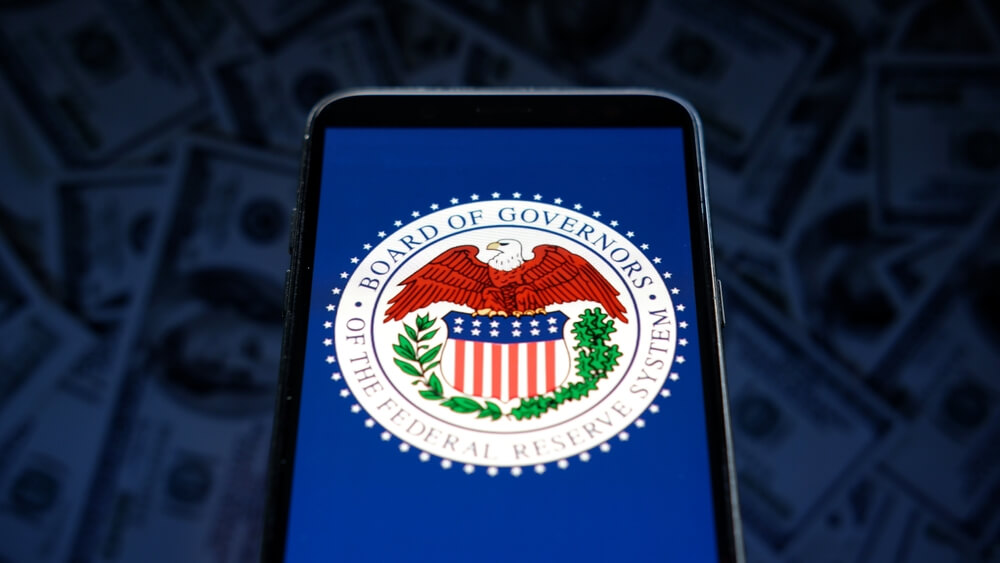Investors are awaiting FED Chairman Jerome Powell’s testimony to Congress, as well as the February jobs report to be released at the end of the week, which is likely to influence the central bank’s interest rate decision.
Powell will submit his semi-annual policy report to Congress on Tuesday and Wednesday, while the monthly jobs report will be released on Friday, in parallel with the publication of some key earnings.
Powell’s hearing this week will set expectations for the US central bank’s March 21-22 policy meeting, where policymakers will unveil new forecasts for the economy and the FED’s benchmark interest rate.
Powell will have the opportunity to express how much monetary tightening he believes is necessary when he testifies on the Senate and House committees.
Read: Powell: Federal reserve may have to make unpopular decisions
Bloomberg expects Powell to echo some recent remarks from his colleagues at the Federal Reserve suggesting that rates will rise higher than expected just weeks ago if economic data continues to rise.
It wondered whether Powell should open the door to re-accelerating interest rate hikes to 50 basis points after they were eased to 25 basis points last month.
Analysts say Congress now has no choice but to push the US into deflation in order to reduce inflation.
Annual inflation in the United States slowed in January to a 15-month low of 6.4 percent, from 6.5 percent in December, but came in above expectations of a decline to 6.2 percent.
Analysts warn that the US economy could slide lower by the middle of the year due to the risk of higher interest rates.
San Francisco Federal Reserve President Mary Daly believes the US central bank will likely need to keep interest rates higher and higher for a longer period of time in order to reduce inflation.
As Daly said in a speech Saturday at Princeton University in New Jersey: “In order to leave this cycle of high inflation behind, it is necessary to have monetary policy tightened further and to maintain it longer.”
The FED raised key interest rates by 25 basis points earlier this month at its first meeting this year, reaching a range of 4.5% to 4.75%, in line with market expectations.
The head of the US Federal Reserve pledged more interest rate increases in the coming period in order to control inflation and bring it down to the target level of 2 percent.
Powell said that the FED has not yet reached sufficient interest rates to curb inflation, noting that the Federal Reserve is considering two new interest rate increases in order to maintain a constrained level of monetary policy that allows inflation.
Jobs Report
US job growth is likely to have moderated last month after January’s sharp pace, while the unemployment rate is likely to have held steady at a 53-year low.
Jobs increased by 215,000 in February, according to the median forecast in a Bloomberg poll. To start the year, US employers added more than half a million workers and the unemployment rate fell to 3.4 percent. It is these results that shattered expectations of a short-term pause in the Federal Reserve’s tightening campaign.
For more on the Economy, click here.








